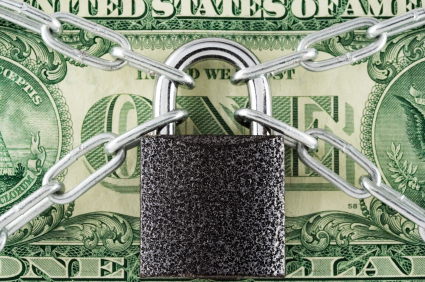Is Safe Money in your future? Safe, safer, safest.
Should your significant money be an investment, or should it be a deposit? How do you know the difference, and how do you decide what is best for you?
What exactly is “Safe Money?” Is it money that needs to be risk-free? Is it money that needs to be available? What exactly is the true definition of “Safe Money?” The answer may surprise you; the answer is based on your specific situation and your desired goals. For many people, “Safe Money” is money that will be there when it is needed. For others, it could be a calculated risk on some asset allocation plan. Once again…it all depends.
For the most accurate definition of “Safe Money,” let’s look at it in its purest forms…safe…..safe, and free from risk.
If your money is to be risk-free, you only have three options. These options are based on the underlying guarantees that come with these products. If the very worst scenario happened, would your money still be safe? Your options are:
- US Treasuries guaranteed by the full faith and credit of the United States.
- The Federal Deposit Insurance Corporation guarantees bank and Credit Union Accounts (FDIC) and the NCUA with underlying guarantees by the full faith and credit of the United States.
- Fixed Annuities guaranteed by the insurance company’s assets and the underlying guarantee of each state’s Guarantee Fund.
So why don’t all of us keep the majority of our money in one of these three options? One reason could be the yield or the interest earned — the safer the deposit, the lower the yield. If you demand total and complete guarantee security, then your yield may not be enough to sustain your goals.
If it is the time in your life for Safe Money, possibly a conservative approach makes sense.



